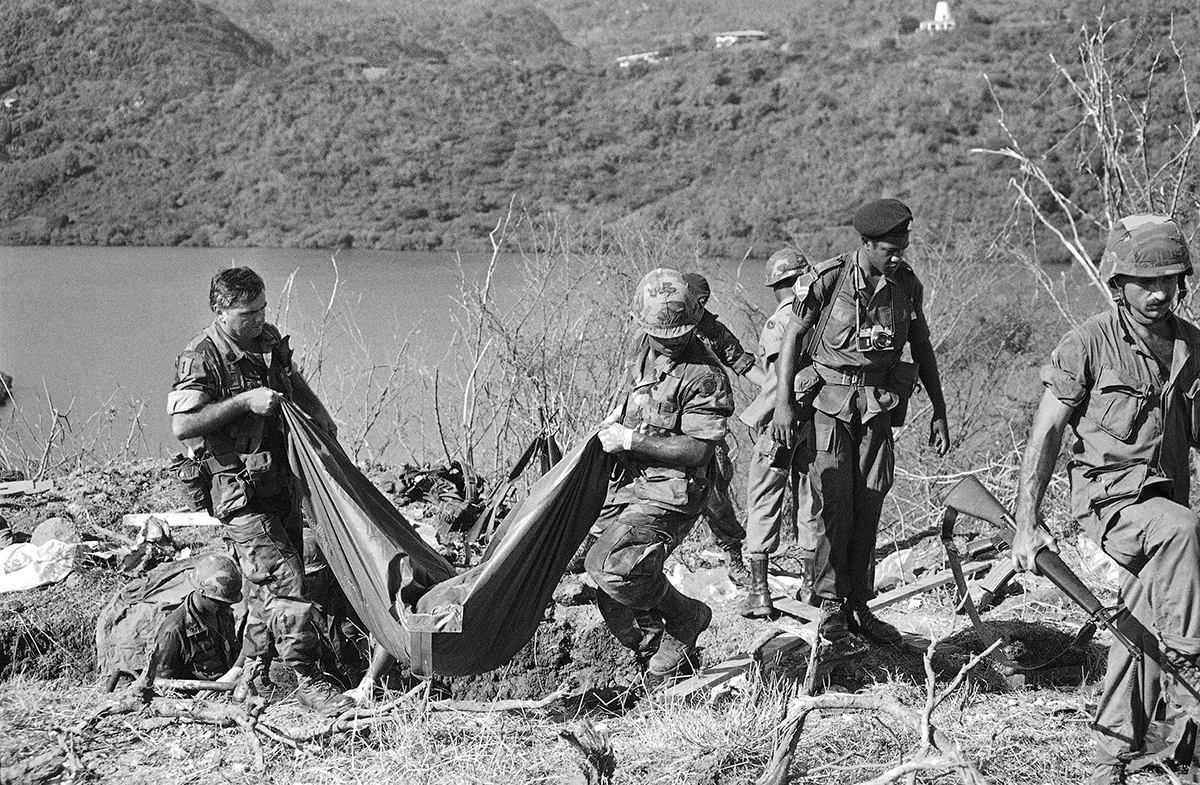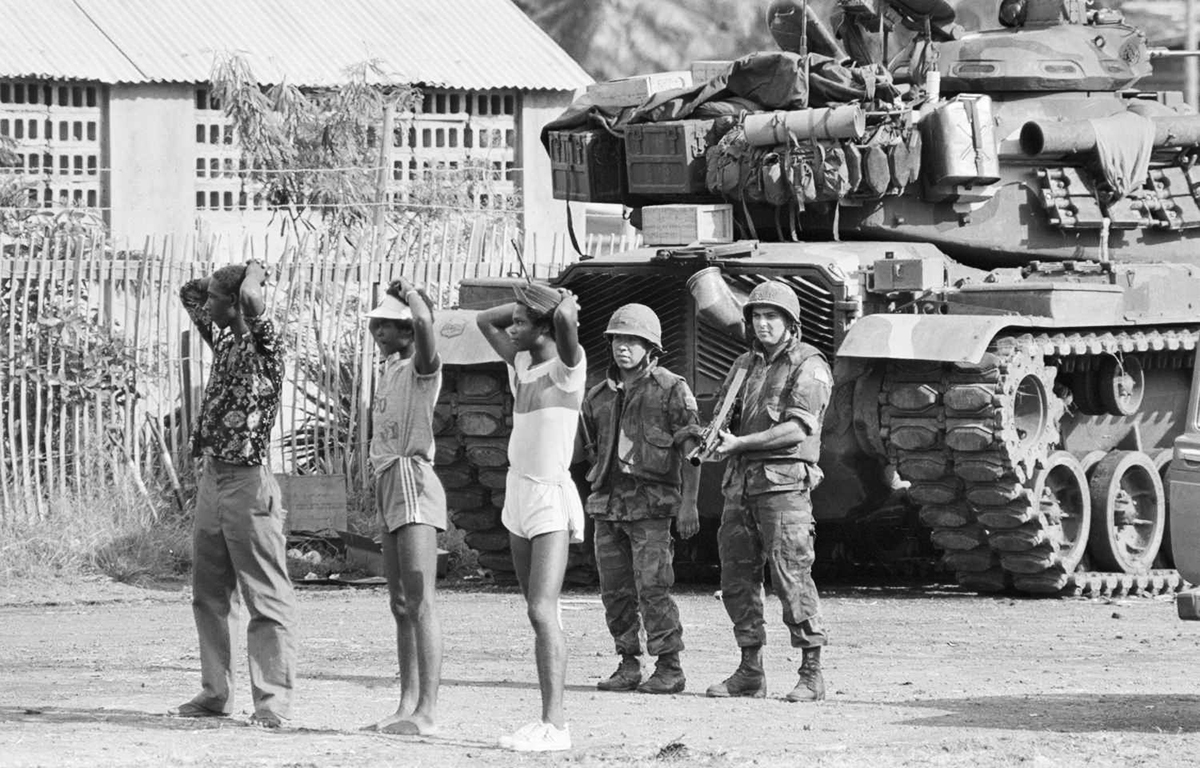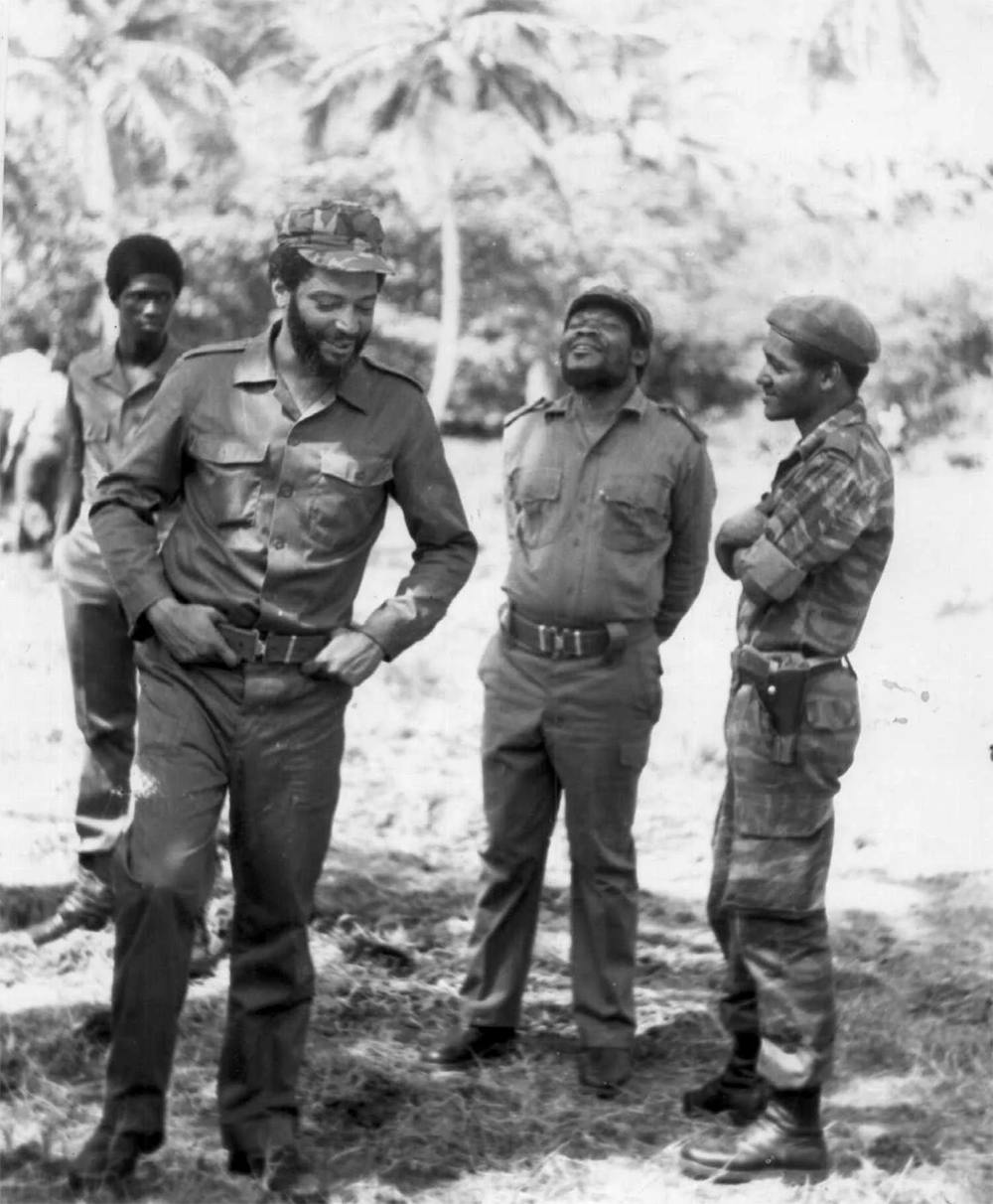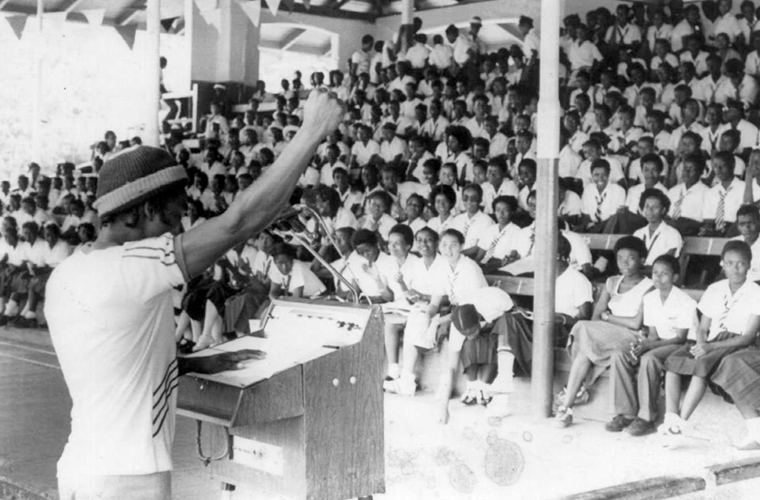The Grenadian Revolution refers to the period of socio-political transformation that occurred in Grenada from 1979 to 1983. It was led by the New Jewel Movement (NJM), a socialist political organization headed by Maurice Bishop. The revolution resulted in the overthrow of the existing government and the establishment of the People’s Revolutionary Government (PRG). Causes and Background: The Grenadian Revolution had several underlying causes. Grenada, like many other Caribbean nations, had a history of colonialism and economic exploitation. The ruling government under Sir Eric Gairy was accused of corruption, authoritarianism, and human rights abuses. Socio-economic disparities and widespread poverty further fueled discontent among the population.

The New Jewel Movement and the Coup: The NJM, founded in 1973, emerged as a key force challenging the Gairy government. Led by Maurice Bishop, the NJM advocated for socialist policies, equality, and social justice. On March 13, 1979, the NJM staged a successful coup d’état, overthrowing the Gairy government and assuming control of the country. The People’s Revolutionary Government (PRG): Following the coup, the PRG, led by Maurice Bishop, took power. The PRG implemented socialist policies and embarked on an ambitious program of social and economic transformation. The government emphasized land reform, nationalization of key industries, education, healthcare, and workers’ rights.
Social and Economic Reforms: During the revolution, significant social and economic reforms were undertaken. The PRG redistributed land to small farmers, introduced cooperative farming, and established state-owned enterprises in various sectors. Education and healthcare were prioritized, with efforts made to improve literacy rates and provide free healthcare to all citizens. Foreign Relations and International Impact: The PRG fostered close relations with other socialist countries, most notably Cuba and the Soviet Union. This alignment with socialist ideologies and the growing influence of leftist movements in the region drew both support and concern from international powers, particularly the United States.

Internal Tensions and Tragic End: Despite initial optimism, internal tensions and power struggles within the PRG began to surface. In October 1983, Bishop was arrested by members of his own party, triggering mass protests demanding his release. However, a few days later, on October 25, 1983, Bishop, along with several government officials, was executed in a violent coup. U.S. Intervention: The events surrounding Bishop’s death led to a swift and controversial military intervention by the United States, known as Operation Urgent Fury. The U.S. invasion aimed to restore order, protect American citizens on the island, and overthrow the Revolutionary Military Council that had taken control after Bishop’s death.
Legacy and Impact: The Grenadian Revolution had a profound impact on Grenada’s history and society. It brought about significant social and economic changes, raising awareness of the need for equality, education, and social justice. The revolution also highlighted geopolitical tensions during the Cold War era and the U.S.’s role in the region. The legacy of the revolution remains a subject of debate and analysis. Supporters of the revolution view it as a transformative period that addressed deep-seated issues of inequality and exploitation. Critics, however, argue that the revolution’s authoritarian practices and human rights abuses tarnish its achievements.

Today, the Grenadian Revolution continues to shape the political discourse and collective memory of Grenada. It serves as a reminder of the complexities and challenges involved in pursuing social and political transformation.

